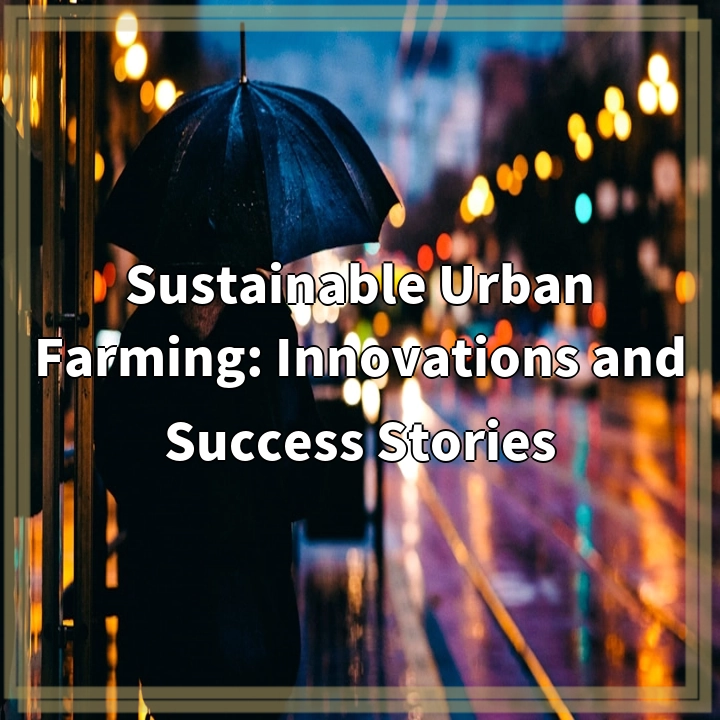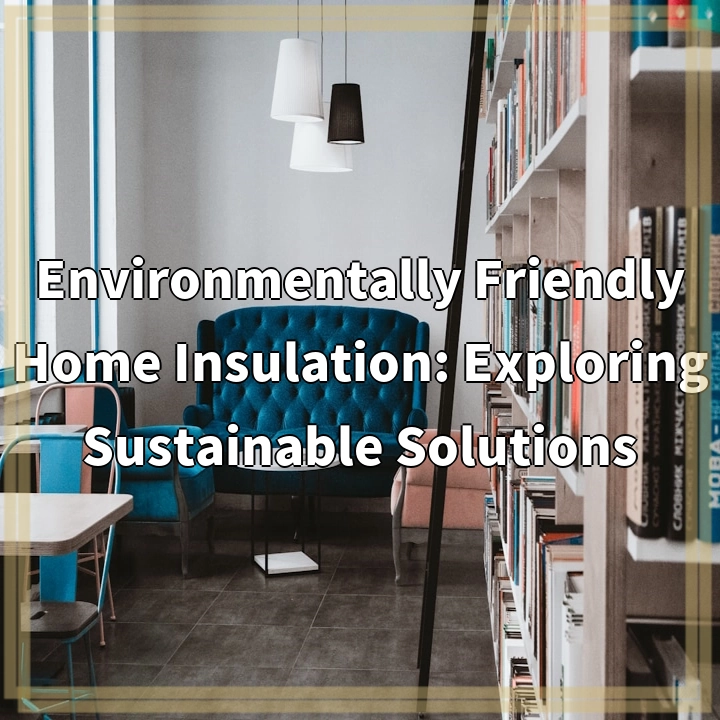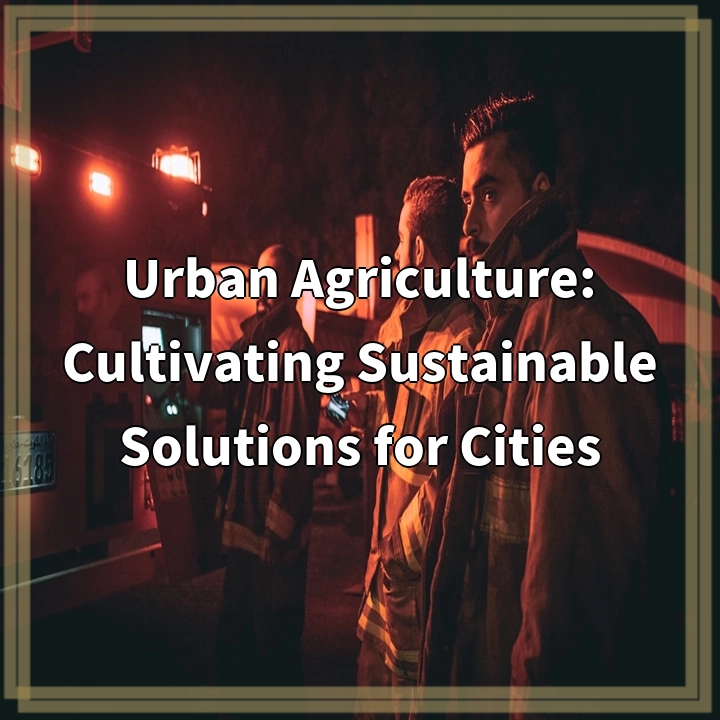
What is Sustainable Urban Farming?
Sustainable urban farming is a practice that involves cultivating plants and raising animals in urban areas using environmentally friendly and resource-efficient techniques. It aims to provide fresh and nutritious food to urban populations while reducing the environmental impact associated with traditional agriculture. This form of farming typically utilizes innovative methods such as vertical farming, rooftop gardens, and hydroponics to optimize space and resources in densely populated cities.
Real-World Problems
While sustainable urban farming offers numerous benefits, there are also challenges and real-world problems associated with this practice. Understanding these issues is essential to devise effective solutions and drive positive change. Some of the key problems include:
1. Limited Space
Urban areas often struggle with limited space for agriculture, especially with the increasing demand for urban development. Finding suitable land for farming can be a significant obstacle for urban farmers, necessitating the exploration of alternative farming methods that maximize available space.
2. Soil Quality
Urban soil is frequently contaminated with pollutants, such as heavy metals and chemicals, which can negatively impact plant growth and food safety. Soil remediation and the use of soilless growing techniques, such as hydroponics or aquaponics, can help mitigate this issue and ensure the production of safe and healthy food.
3. Resource Constraints
Urban environments often face limitations in essential resources such as water, energy, and nutrients. Sustainable urban farming needs to prioritize efficient use of these resources to minimize waste and environmental impact. Implementing technologies like rainwater harvesting, solar-powered systems, and closed-loop nutrient cycles can address these constraints.
4. Community Engagement
Successful urban farming requires strong community involvement and support. Engaging and educating the local community about the benefits of sustainable agriculture is crucial for long-term success. Creating partnerships with local residents, businesses, and organizations can foster a sense of ownership and cooperation, leading to thriving urban farming initiatives.

Potential Solutions to Real-World Problems
Addressing the challenges associated with sustainable urban farming requires innovative solutions. Here are some potential ways to overcome these problems:
1. Vertical Farming and Rooftop Gardens
Utilizing vertical spaces and rooftops for farming can significantly increase the available growing area in urban environments. Vertical farming systems, such as hydroponics or aeroponics, allow plants to be stacked, making efficient use of space and resources.
2. Soilless Growing Techniques
To overcome soil contamination issues, soilless growing techniques like hydroponics, aquaponics, or aeroponics can be implemented. These methods enable plants to grow in nutrient-rich water solutions or air, eliminating the need for traditional soil.
3. Resource-Efficient Technologies
Incorporating technologies like rainwater harvesting systems, solar-powered energy sources, and closed-loop nutrient cycles can help overcome resource constraints in urban farming. These technologies ensure efficient use of water, energy, and nutrients, reducing waste and environmental impact.
4. Community Outreach and Education
Engaging with the local community and educating them about the benefits of sustainable urban farming is crucial. Collaborative initiatives, community gardens, and educational programs can help build awareness, involvement, and support for urban farming projects.















